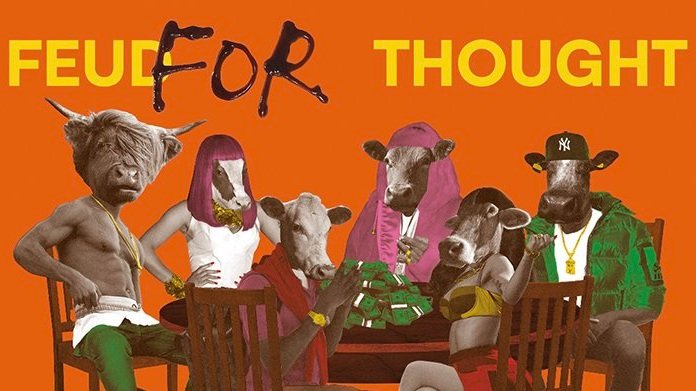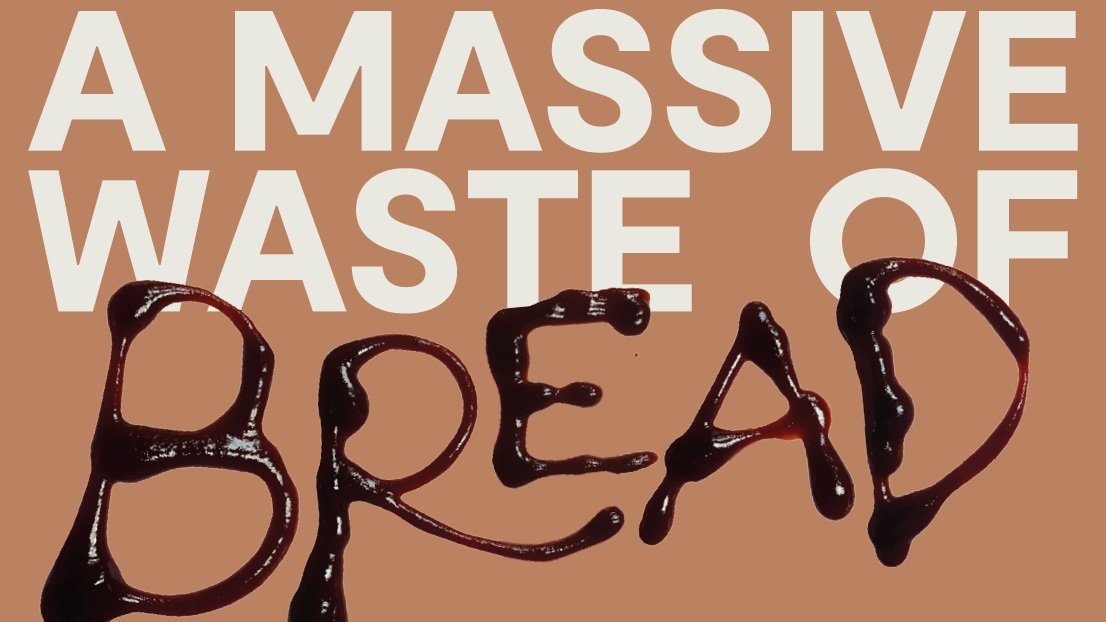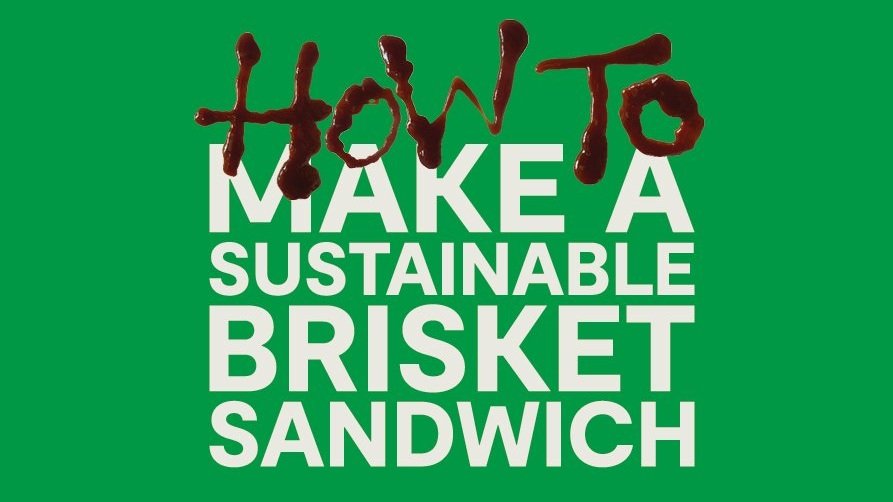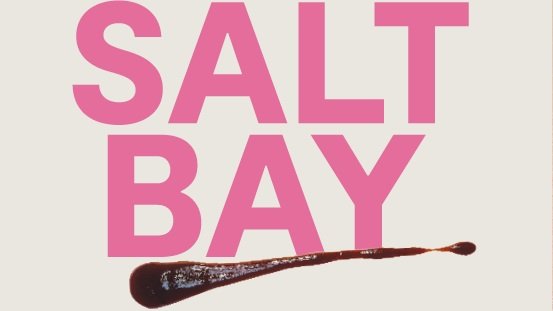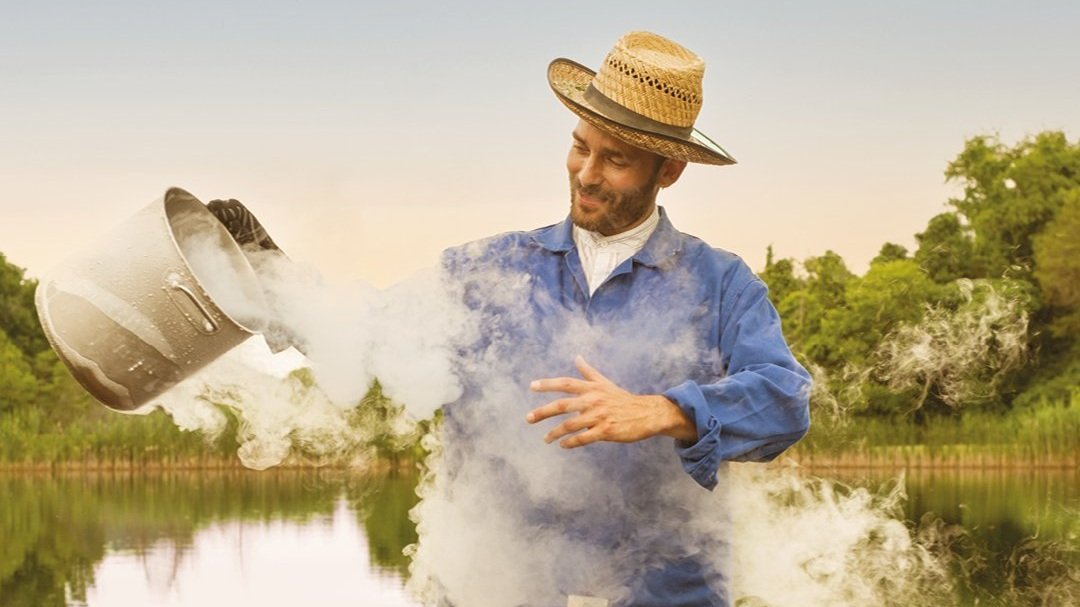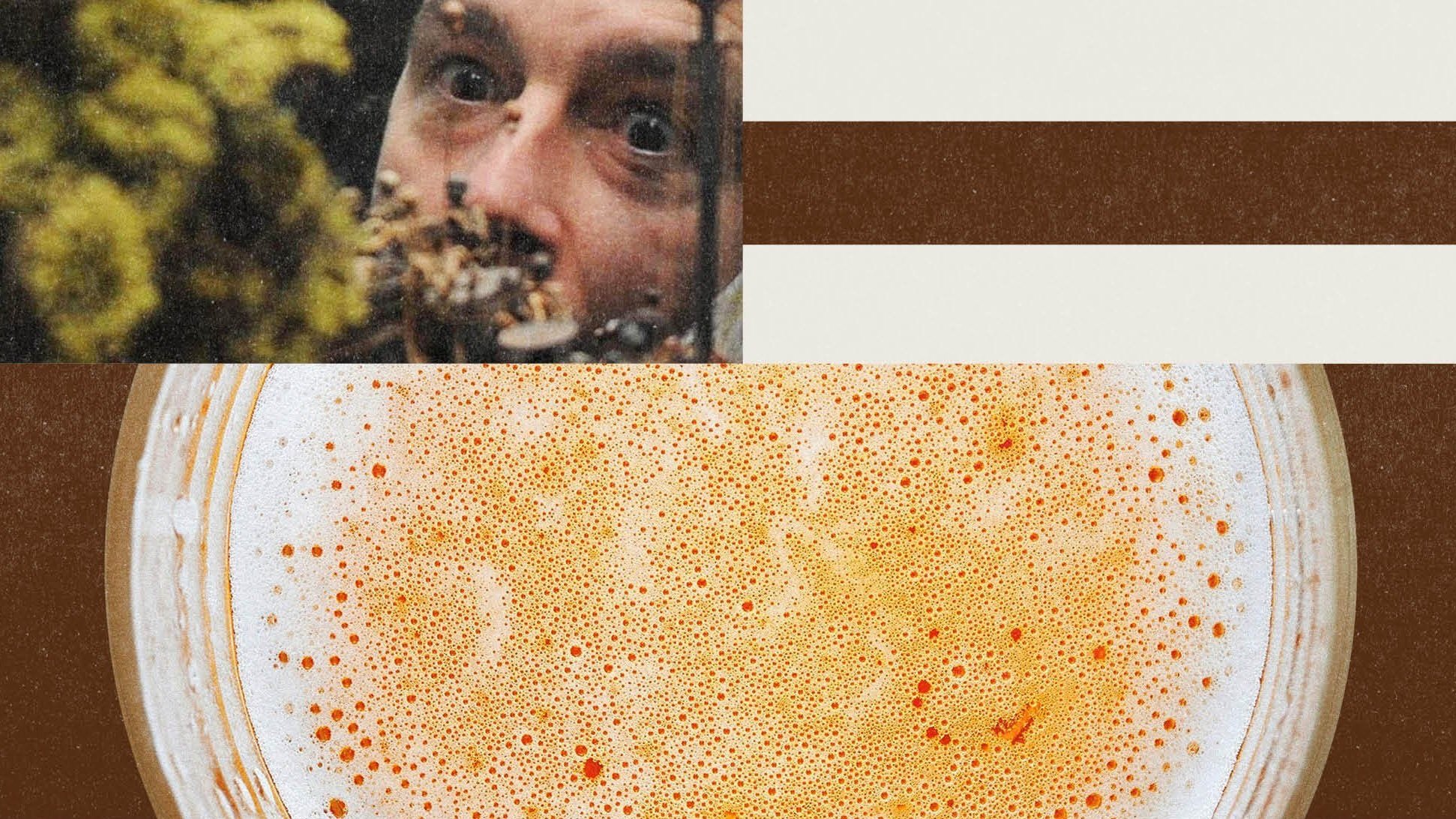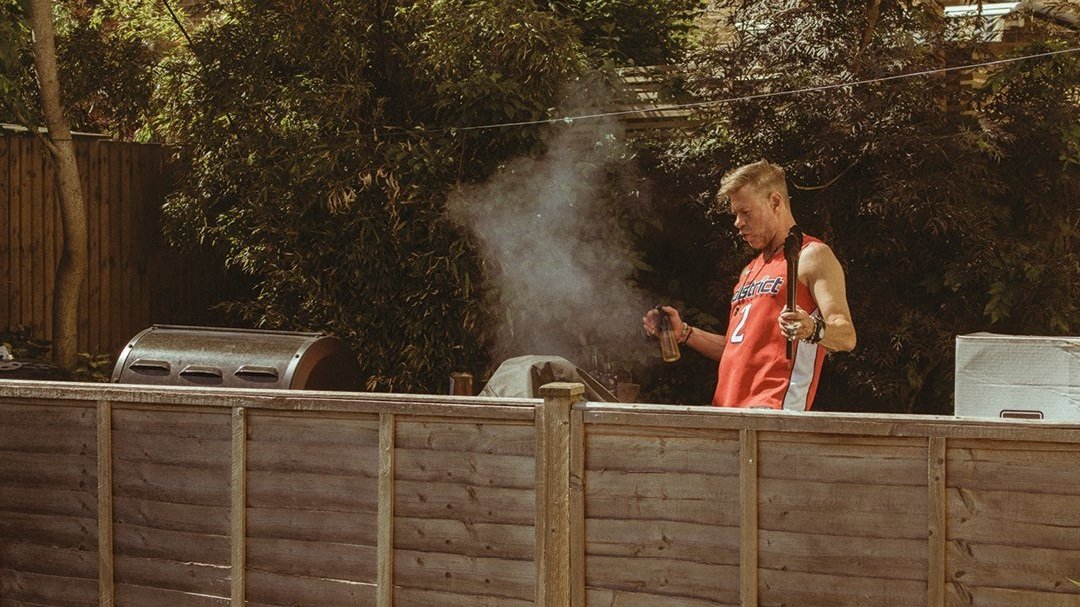How To Make A Sustainable Brisket Sandwich
Words by Adam Woodward
Illustration by Maggie Cowles
The most important ingredient in any brisket sandwich is the meat itself. Over in Texas – where they know a thing or two about good barbecue – two ecologically-minded entrepreneurs are taking a scientific approach to producing the perfect brisket. Katie Kam and Janet Zoldan’s Austin-based company BioBQ, which they cofounded in 2018, specialises in “cultivated” meat: rather than coming from slaughtered animals, their beef is bred from cells in a lab.
The concept of no-kill meat is nothing new, but recent advances in food technology are now presenting a serious challenge to the status quo. As industrial-scale beef farming comes under increasing scrutiny in light of the climate emergency, companies like BioBQ are providing a viable sustainable alternative. It works like this: bovine cells are extracted via biopsy and then cultured in a state-of-the-art facility; the fat, collagen and muscle are grown separately before being fused together to replicate the structure of brisket.
The result is meat that’s cleaner and cruelty-free, without compromising on flavour or nutritional value. In fact, it’s a more efficient way of producing meat all round, as traditional farming methods require vast amounts of land, food and water for the animals – it takes on average 1,800 gallons of water to produce just one pound of beef. By comparison, lab-grown brisket is much less resource-intensive, taking as little as three weeks to grow and using a fraction of the energy. It’s easy to see why BioBQ is heralding “a new generation of barbecue”.
You’ve bagged some lab-grown brisket, now it’s time to get smoking. Over the last few years, charcoal pioneers Whittle and Flame have built a reputation for producing clean lumpwood charcoal and firewood that packs an intense flavour. Combining their respective passions for ethical woodland management and cooking with fire, co-founders Matt Williams and Chris Taylor have come up with a unique process they describe as “thermal destructive distillation”.
It might sound complicated, but it’s actually quite simple: the company sources its timber from well-managed local woodland and then “distils” it in specially designed kilns that use electricity rather than fire to carbonise the wood. This allows the charcoal to retain the tree’s natural carbon structure – and it also locks in the individual character of the ash, beech and sycamore trees used, making for a more flavourful product. So, not only is all of Whittle and Flame’s charcoal made in the UK, their sustainable production methods actually increase carbon sequestration and improve biodiversity, meaning you can have peace of mind next time you spark up your smokestack. Their signature Purechar Whittlebricks come approved by none other than DJ BBQ, who used them for the succulent slow-cooked brisket that appears on the cover of this issue.
Seaweed in your brisket sandwich? Don’t knock it till you’ve tried it… Alaskan natives Lia Heifetz and Max Stanley bonded over their passion for making preserves foraged from the abundant coastline they grew up close to. Now, through their company Barnacle Foods, they’re transforming the way we think about one of nature’s best-kept secrets. You may think of kelp as being a vital component of our oceans’ ecosystems, but this slippery superfood is now being harnessed for human consumption.
Vast underwater kelp forests – which absorb our excess carbon emissions and can grow as fast as one foot per day – are a sustainable source of food for marine life and people alike. Unlike trees, however, a kelp plant can reach full size in a single year which makes for a reliable, renewable annual harvest. Barnacle is leading the way in ocean farming, turning their crop into a range of products, from salsa to seasoning, chocolate to hot sauce. For pickles and barbecue sauce, Barnacle uses the part of the plant known as the stipe (the stalk bit, not the leafy bit), which is packed with deep savoury flavours. Kelp also contains 10 times more calcium than cows’ milk and more vitamin C than orange juice. It’s good for the planet, good for your body, and good for your brisket too.
If you really want to impress your friends with your brisket sandwich skills, why not go the extra mile and make your own sustainable rolls? The good folk at Wildfarmed are on a mission to create a market for farmers and consumers that rewards quality rather than quantity. Their ultra-organic flour is produced from grains grown without chemicals or pesticides, and their farming methods actively promote soil health and biodiversity.
Key to this are the wheat varieties they use: low-input, high-yield crops that can be grown alongside grasses, legumes and perennial plants which have been lost from most of the arable land that covers more than two thirds of the UK. Agriculture is one of the biggest contributors to the climate crisis, but Wildfarmed is striving to prove that it can also be a solution. And the message is spreading – at the time of writing the Wildfarmed Growers Community consists of 42 members in the UK and France.
As well as championing regenerative farming techniques, Wildfarmed co-founder Andy Cato (who you may recognise as one half of electronic duo Groove Armada) is equally committed to making sure farmers are paid fairly, which in our opinion makes their stone-milled flour taste even better.









